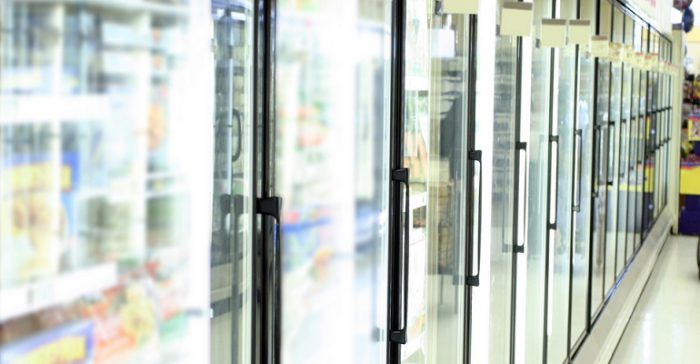NYC-area utilities eye NatRef incentives
R744, May 24, 2017
Two New York City-area utilities that have robust prescriptive energy-efficiency rebate programs for food retailers are starting to consider natural refrigerant systems for energy incentives through their custom programs.
“We’re starting to see applications come in for natural refrigerant-based systems with energy savings and demand peak savings,” said Steve Orman, senior energy consultant, commercial efficiency program, PSEG Long Island, Melville, N.Y., “We have not rebated any yet, but are processing a couple right now.” One of those is a CO2 cascade system, he added. Orman described PSEG’s incentive program at a symposium in late March hosted by AAA Refrigeration Service and Hillphoenix in Tarrytown, N.Y.
Under the custom program, which issues incentive funds based on an energy efficiency analysis of the proposed system vs. a baseline system, a food retailer “has to make the case for it,” said Orman. PSEG employs a team of engineers who are responsible for validating a food retailer’s energy analysis and models. PSEG also does a thorough pre-inspection. “Don’t do anything until we document existing conditions,” he advised.
“It takes a few weeks to go through the review cycle,” he said. “We place heavy emphasis on being as accurate as possible with potential energy savings.”
[bctt tweet=”Transcritical CO2 refrigeration saved DeCicco & Sons $74K in energy consumption in 1 year.” username=”ZonditsEE”]
Typically, the custom incentives awarded for natural refrigerant systems are around $1 per W saved and $1,000 per peak kW saved.
Consolidated Edison of New York (ConEd), has not started providing incentives for natural refrigerant systems “but we should be able to evaluate future CO2 installations; they should in concept be in the incentive program,” said Michael Gilbert, ConEd’s business development manager, C&I Energy Efficiency, Demand Management & Sustainability, who also spoke at the AAA/Hillphoenix symposium. ConEd serves New York City and some northern suburbs.
DeCicco & Sons, a seven-store food retailer based in Pelham, N.Y., that us a ConEd customer, saved $74,000 in energy consumption and power demand over a 12-month period as a result of using a transcritical CO2 booster refrigeration rather than a traditional HFC system. (See “Transcritical Cuts Energy Costs by $74,000 for DeCicco & Sons, Accelerate America, April 2017.)
John DeCicco, Jr., another symposium speaker, compared his store in Larchmont, N.Y., which has operated a transcritical system from Hillphoenix for 15 months, with another of its stores in Ardsley, N.Y., which has a conventional R404A system. His utility rate is 18.8 cents/kWh.
ConEd has awarded DeCicco $678,000 in incentives for a variety of efficiency measures, though not for the transcritical system. However, he expects to leverage those savings to earn incentives for future transcritical installations at a new store in Somers, N.Y., and an existing store, in Harrison, N.Y.
